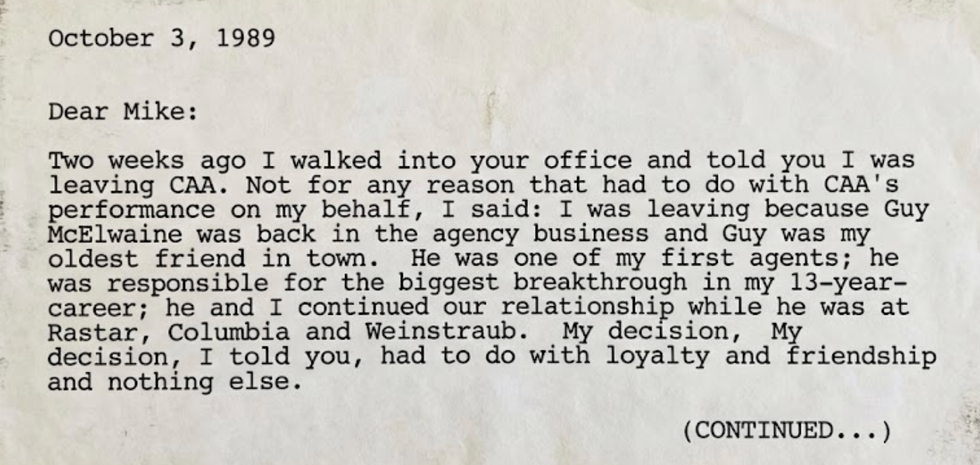Normally, the most frustrating thing about getting stuck as a passenger — whether of an airplane, train, or car — is that the problem usually lies outside of one’s control.
However, when a bus was stuck on a snowy hill in Leiden, a city in the Netherlands, its passengers worked together to find a solution. Unable to gain traction atop a patch of ice and snow, the bus idly spun its wheels as the passengers quickly realized this may be the end of the line.
But the dozen or so riders were quick to take matters into their own hands, leaving their belongings aboard as they surveyed the situation from outside. In what many would consider a fool’s errand, the riders pushed the back of the bus as the driver hit the gas and … the bus quickly gained traction and moved forward.
The footage demonstrating the commuters’ teamwork went viral, inspiring other viewers to share their own accounts of passengers refusing to sit idly by as their own buses were mired in wintry conditions.
Of course, leave it to the Russians to show how resourceful citizens can be during inclement weather, banding together to push not a bus, but an entire airliner.
It may not be a contest, but if it were… Russia wins this one.

















 A hotel clerk greets a guestCanva
A hotel clerk greets a guestCanva Gif of Faye Dunaway' as Joan Crawford demanding respect via
Gif of Faye Dunaway' as Joan Crawford demanding respect via  An empty rooftopCanva
An empty rooftopCanva
 A road near equatorial Atlantic OceanCanva
A road near equatorial Atlantic OceanCanva Waves crash against rocksCanva
Waves crash against rocksCanva

 Two people study a mapCanva
Two people study a mapCanva Foggy Chinese villageCanva
Foggy Chinese villageCanva

 Older woman drinking coffee and looking out the window.Photo credit:
Older woman drinking coffee and looking out the window.Photo credit:  An older woman meditates in a park.Photo credit:
An older woman meditates in a park.Photo credit:  Father and Daughter pose for a family picture.Photo credit:
Father and Daughter pose for a family picture.Photo credit:  Woman receives a vaccine shot.Photo credit:
Woman receives a vaccine shot.Photo credit: 
 An excerpt of the faxCanva
An excerpt of the faxCanva